Pentagon chief asks for deeper military involvement in Yemen
Defense Secretary James Mattis has asked the White House to remove restrictions on US military support for Saudi Arabia and its allies engaged in a military offensive against Yemen that has caused significant civilian casualties, according to a report.
In a memo submitted to National Security Adviser Army Lt. Gen. H.R. McMaster this month, Mattis suggested that “limited support” for the Saudi-led war would help counter a “common threat,” the Washington Post reported on Sunday , citing senior US officials.
If approved, the request would mark a significant increase in US military involvement in Yemen, which until now has been largely restricted to counterterrorism operations against al-Qaeda in the Arabian Peninsula (AQAP) and indirect backing for the Saudi-led coalition.
The immediate question in the Pentagon chief’s memo, which will be debated by President Donald Trump’s national security team this week, is whether to provide support for a planned operation by the United Arab Emirates to take the key Red Sea port of Hudaydah.
The memo, however, does not recommend that the White House agree to every element of the Emirati plan.
A proposal to deploy American Special Operations forces on the ground on the Red Sea coast “was not part of the request” Mattis is putting forward, a senior administration official told the Post on condition of anonymity.
The official and several others said Mattis has requested that restrictions, set by former President Barack Obama, be lifted so that the US military can provide surveillance and intelligence support as well as refueling and operational planning assistance to Emirati operations against the Houthi Ansarullah movement.

The Obama administration had rejected a similar Emirati call for support for a military assault on Hudaydah, on the grounds that the operation was not likely to succeed and could worsen the humanitarian situation.
The official, who talked to the Post, acknowledged that lifting the limits would amount to “a green light for direct involvement in a major war.”
“There has been no decision yet as to whether [the restrictions] will be lifted. There is certainly broad disagreement across our government,” the official added.
Earlier this month, the Pentagon quietly ordered fresh deployments of Special Operations troops to Yemen and elsewhere in the Middle East in what military officials described as part of a more aggressive campaign against al-Qaeda.
Advisers to President Trump are concerned that direct support for the Saudi-led coalition would take resources away from the fight against AQAP.
Al-Qaeda in the Arabian Peninsula has grown in weapons and number since Saudi Arabia and its Persian Gulf allies launched the war against Yemen in March 2015 to bring back resigned president Abd Rabbuh Mansur Hadi to power and undermine the Houthi movement.

The campaign, which also involves ground operations and a naval blockade, has so far left over 12,000 people dead, pushing the Arab world’s poorest country to the verge of famine.
The Trump administration has been under close scrutiny since a January 29 raid, the first known ground operation in Yemen in two years, ended in failure.
Read more:
The raid in al-Bayda province did not go smoothly. One Navy SEAL was killed and, according to local residents, as many as 25 civilians lost their lives. A military aircraft worth $75 million was also destroyed after it crash-landed at the operation site.
While the White House hailed the Yemen operation as a success, Democrats and other critics questioned whether any intelligence gathered was worth the high cost of SEAL Ryan Owens' life and children killed in crossfire.
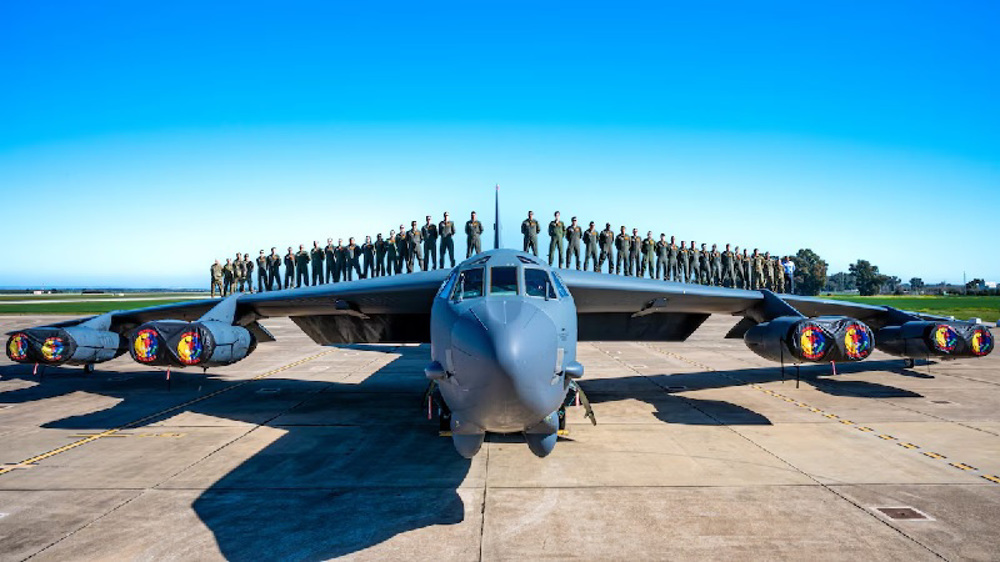
US B-52 bombers in West Asia do not scare Iran
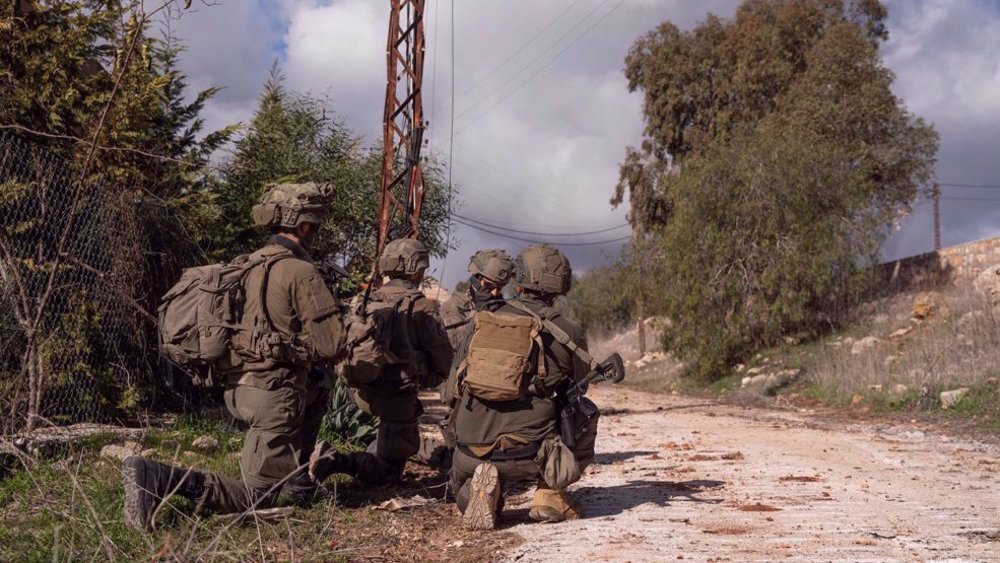
US, France want mercenaries deployed in south Lebanon: Report
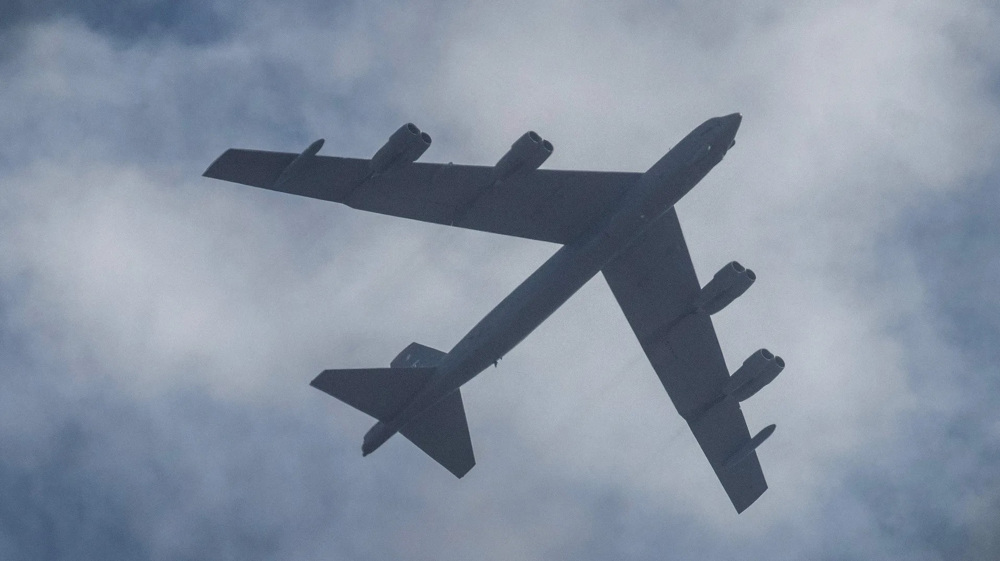
US bombers fly over Mediterranean Sea as delivery of heavy bombs to Israel announced
Iran president congratulates Muslim leaders on holy month of Ramadan
Hundreds of Israeli settlers storm Al-Aqsa Mosque compound: Report
Iran Parliament dismisses economy minister over economic mismanagement
Unprecedented: US rights group drags Biden, Blinken to ICC over Gaza genocide
Kremlin: Macron talks of contacting Putin, but no real steps taken
Hamas decries as ‘war crime’ Israeli suspension of humanitarian aid to Gaza
Israeli cabinet allows military to call up 400,000 reservists
Iran as hub of technical and engineering services


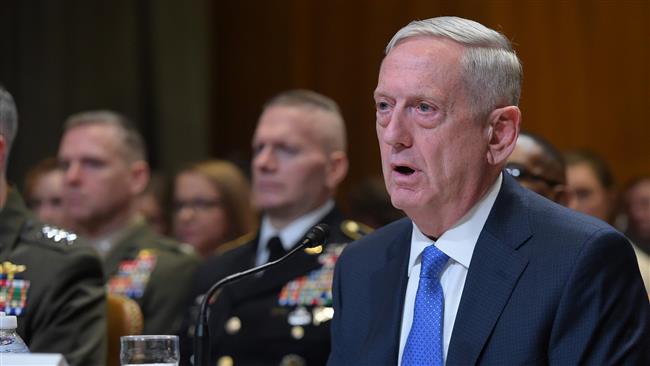



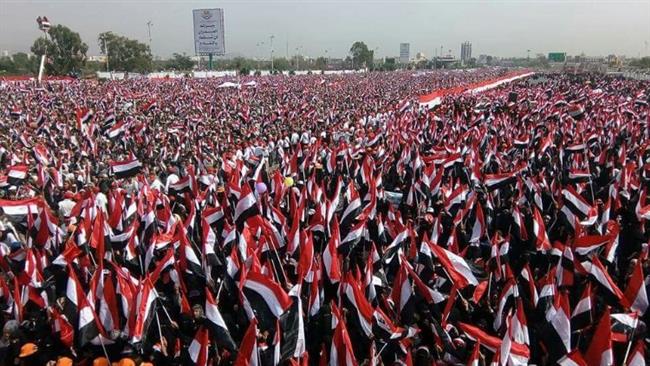
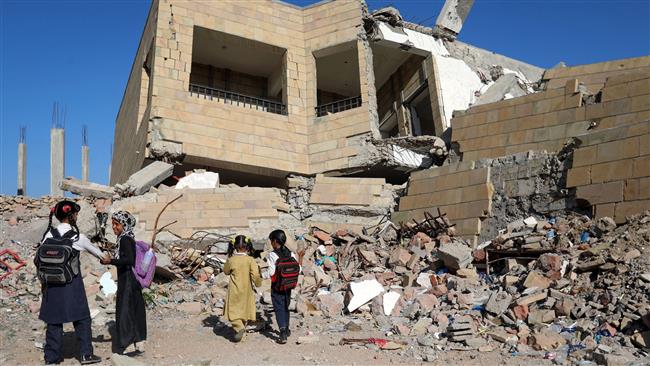
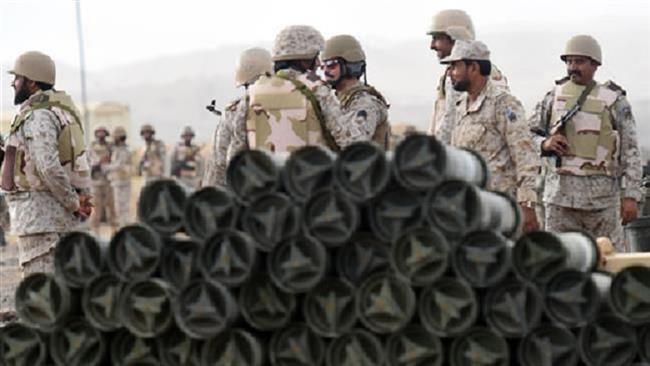
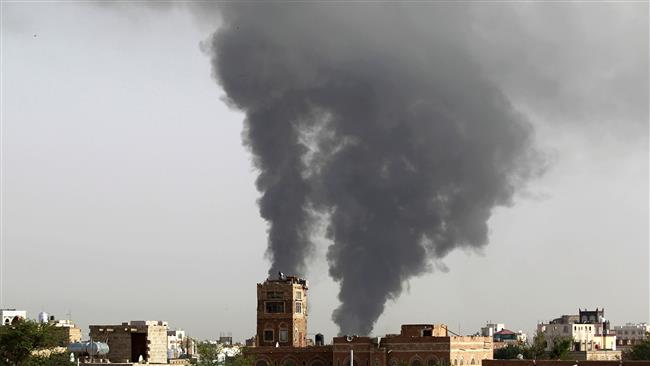
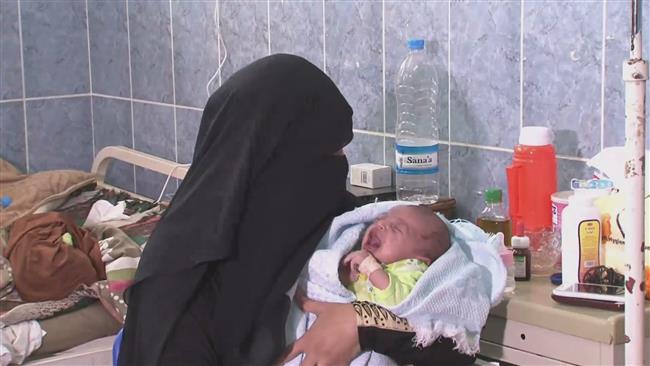
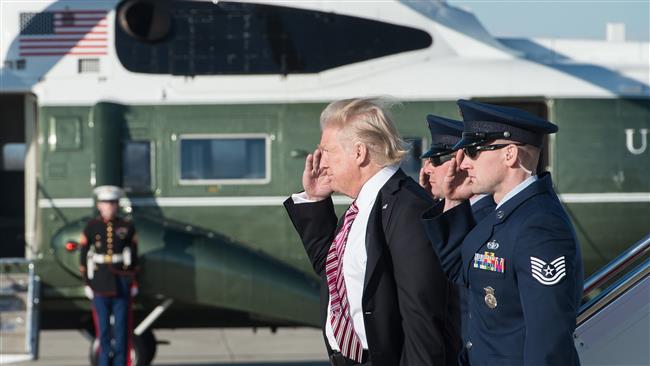

 This makes it easy to access the Press TV website
This makes it easy to access the Press TV website